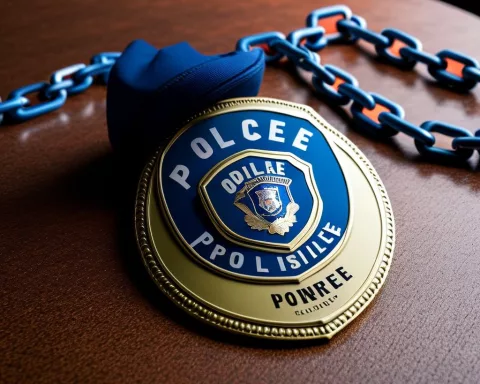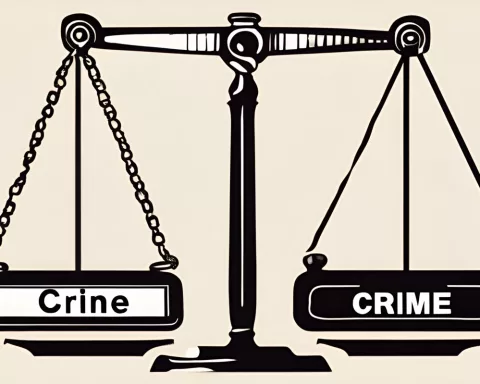The latest Quarterly Crime Stats report has shed light on the pressing need for better collaboration between the South African Police Service (SAPS) and local authorities in their fight against crime. In particular, the City of Cape Town has expressed its willingness to strengthen SAPS’ crime-fighting efforts if more policing powers are given to municipal officers.
The Need for Collaboration
The crime statistics reveal that the high levels of crime demand a more collaborative approach between SAPS and city officers. While the city is doing its best to assist SAPS, there is still much more that could be achieved by working together, especially in terms of criminal investigative powers.
Proposed Collaboration
The proposed collaboration would enable the authorities to build prosecution-ready case dockets, particularly for gang-related, gun, and drug crimes. The city officials have called on the President, Justice Minister, and Police Minister to take the necessary steps to devolve additional policing powers to municipal officers. They emphasize that this is not a political issue but a pressing concern for the well-being of residents who live in fear of crime in areas plagued by gang activity, gun violence, and drug use.
Positive Developments
While there are still challenges, the crime stats show some positive developments. For instance, in Kraaifontein, the number of murders has decreased by almost 50% year-on-year, and in Philippi East, there has been a 26% decline in such cases. These improvements indicate that reinforcing collaboration between different law enforcement agencies can potentially yield fruitful results in curbing crime.
Allocating Budget for Crime-Fighting Technology
To address the issue of crime in the top 30 most violent stations across the country, the City of Cape Town has allocated a record R5.8 billion to its Safety and Security budget for the new financial year. This allocation includes R860 million over three years to be spent on crime-fighting technology, such as CCTV, drones, body and dashcams, aerial surveillance, and gunshot detection technology.
Complementing LEAP Deployment
The implementation of advanced technology is expected to complement the efforts of the 1,200 law enforcement officers who have already been deployed to crime hotspots under the Law Enforcement Advancement Plan (LEAP), in partnership with the Western Cape Government. The goal is to use these resources to their fullest potential to ensure the safety of all citizens.
In conclusion, the Quarterly Crime Stats report highlights the urgency of strengthening collaboration between SAPS and local authorities to more effectively fight crime. By devolving additional policing powers to municipal officers, increasing the use of cutting-edge technology, and focusing on areas with high crime rates, there is hope that the tide of crime can be stemmed and communities across Cape Town can enjoy a safer and more secure environment.












